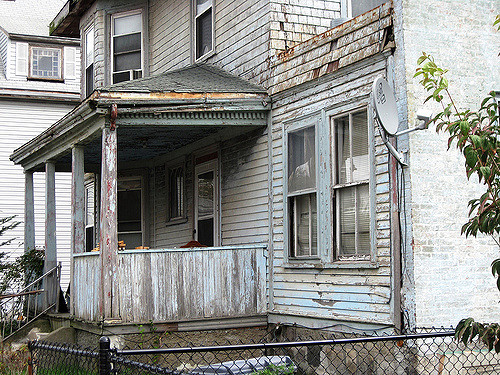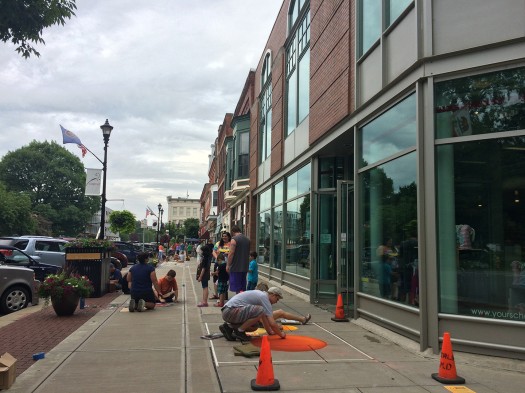Posts Tagged ‘Detroit’
CNU24 Detroit: Summary and celebration
You know how the sweet spot for blogs is 500 words? Well, this isn’t one of those. It’s the geek’s guide to the 24th Congress for the New Urbanism in Detroit. Feeling grateful for the food for thought, and wanting to keep the ideas fresh. This blog compiles city planning tweets from June 8 through…
Read MoreBalancing the Scales of City Sustainability
I spend virtually all my professional time thinking about the intersection of human settlement and environmental sustainability. I am particularly interested in the built environment of American cities, towns, and suburbs – what I like to call our “people habitat” – and how it relates to the natural world. How can we make these two…
Read MoreLean Code Tool
We believe form-based codes are the most efficient, predictable, and elegant way to assure high levels of walkability and urbanism – even in more rural environments. However, the political and staff capacity of many local governments is not prepared for a full zoning reform effort. CNU is developing an agenda of incremental code reform that…
Read More



